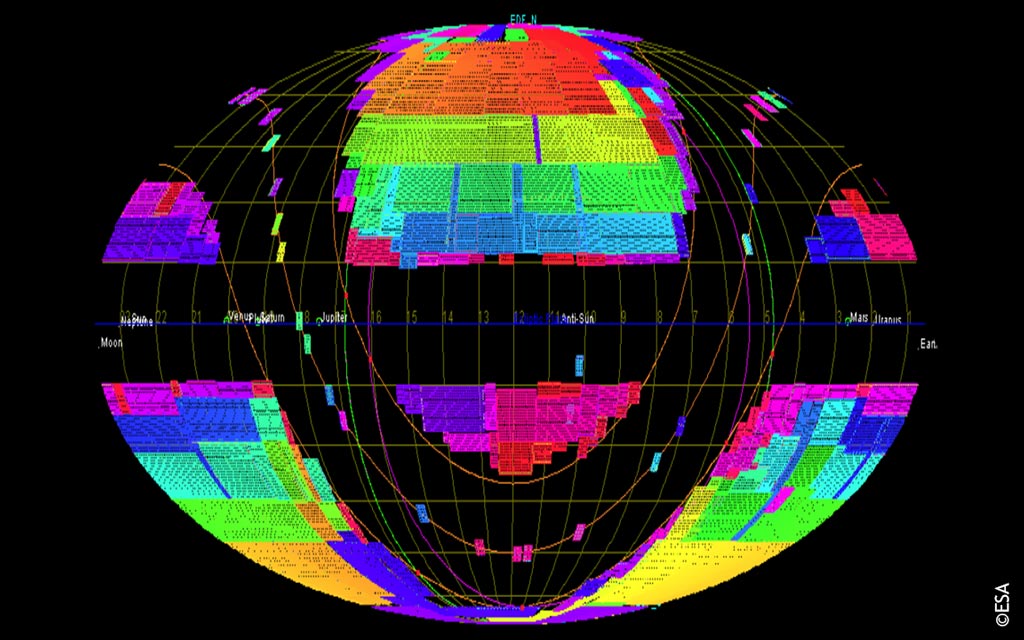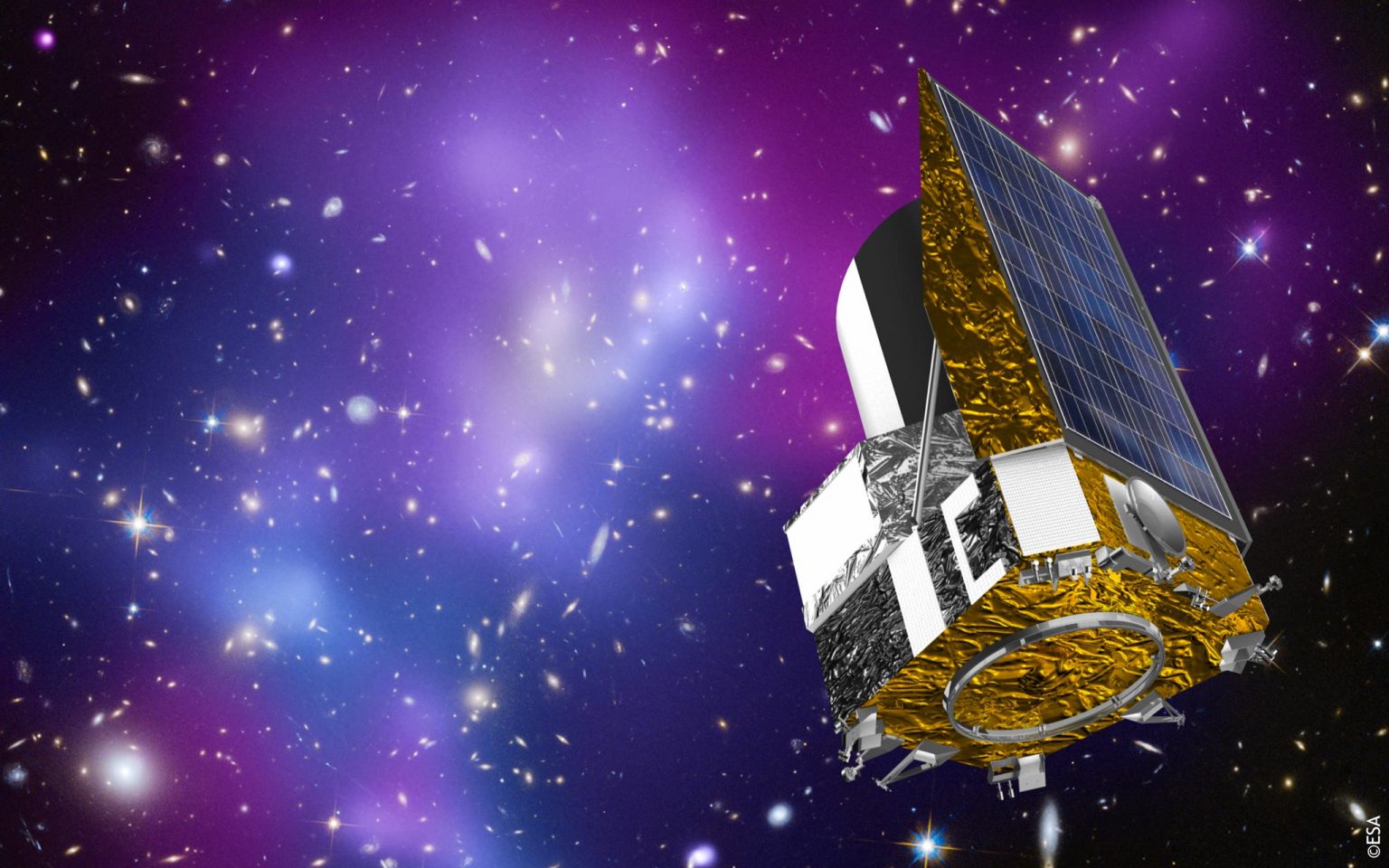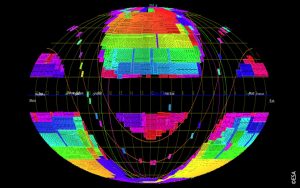Attitude and orbit control system (AOCS) for Euclid
Sener is responsible for the AOCS subsystem, under the direct coordination of Thales Alenia Space Italy (TASI), principal contractor for the mission.
Sener is in charge of the entire subsystem, which includes the equipment, functions and SW that control its attitude (pointing) and orbital position. The AOCS’s sensors include:
- Fine Guidance Sensor (FGS)
- Inertial Measurement Unit (IMU)
- Star Trackers (STR)
- Coarse Rate Sensors (CRS) and Sun Sensors (SS)
- Reaction Wheels (RWL)
- Micro Propulsion Subsystem (MPS) and Reaction Control Subsystem (RCS)
Eight Sener subcontractors from different countries are participating in the subsystem (including subcontractors from the Netherlands,
Sener is responsible for the AOCS subsystem, under the direct coordination of Thales Alenia Space Italy (TASI), principal contractor for the mission.
Sener is in charge of the entire subsystem, which includes the equipment, functions and SW that control its attitude (pointing) and orbital position. The AOCS’s sensors include:
- Fine Guidance Sensor (FGS)
- Inertial Measurement Unit (IMU)
- Star Trackers (STR)
- Coarse Rate Sensors (CRS) and Sun Sensors (SS)
- Reaction Wheels (RWL)
- Micro Propulsion Subsystem (MPS) and Reaction Control Subsystem (RCS)
Eight Sener subcontractors from different countries are participating in the subsystem (including subcontractors from the Netherlands, France, Germany, Italy, Portugal, and the US), while the client itself is providing the FGS, MPS and RCS.
The operating logic includes multiple modes and functions which are implemented in the SW of the AOCS, while also integrated in the SW of the central computer. The functions of the AOCS include determining and controlling the satellite’s attitude in all the modes; orbital maneuvers; equipment management and control; fault management (FDIR); interactions with the central software; and management of the AOCS’s data, telemetry and telecommands.
The project includes the preliminary and detailed design, production, verification, classification, delivery, and in-orbit commissioning. The AOCS provides hitherto unseen levels of performance in terms of pointing and stability (75 milli-arcsec., 99.7% C.L.), which will also give the FGS, IMU, MPS, etc. the highest levels of performance. Furthermore, the RWL must compensate for any disturbances (including those caused by the actuation of the mechanisms), while also preventing the transmission of the characteristic (micro-)vibrations, meaning they require very special characteristics and operation.
The AOCS’s SW corresponding to its different modes will be generated using Model Based Design Tools, with subsequent automatic generation of code from these models for the first time on an ESA scientific mission.

 About us
About us




